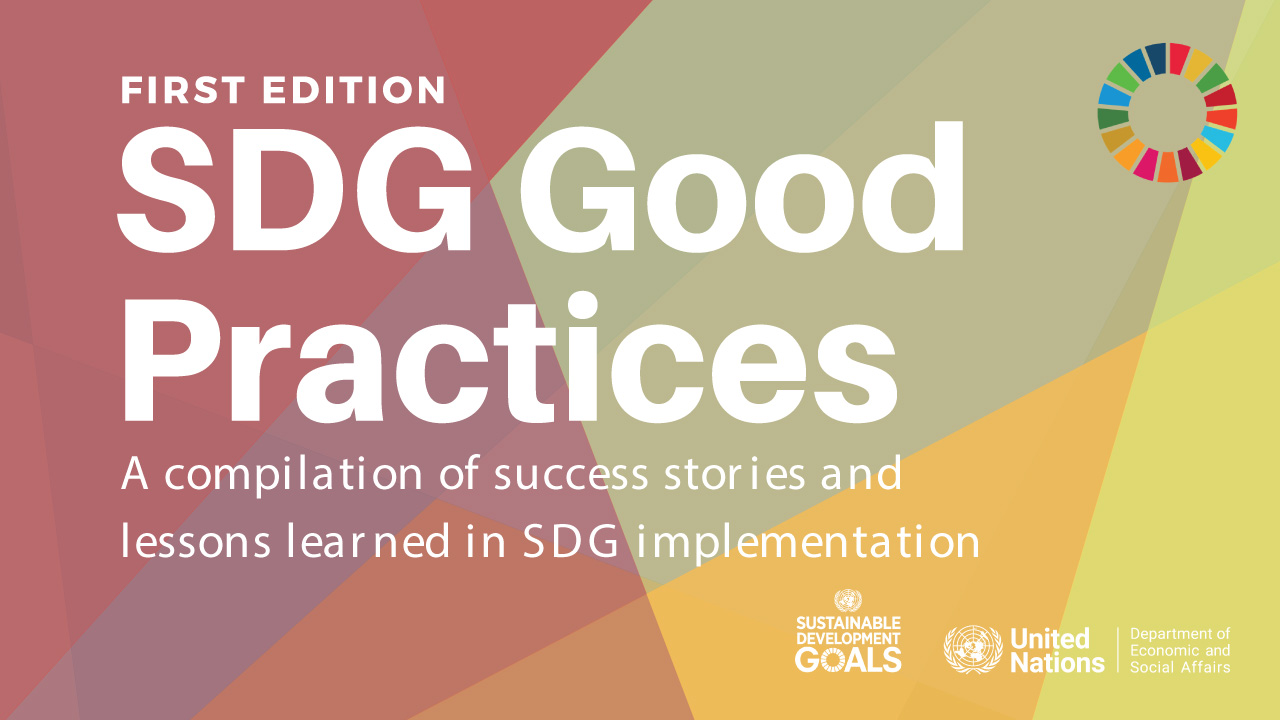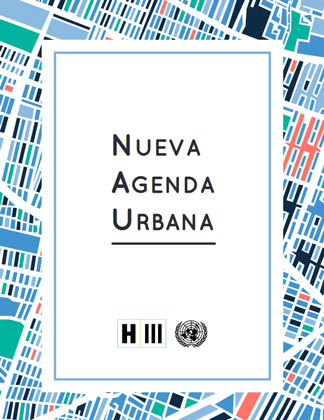
The measurement of the City Prosperity Index, CPI, in Mexico stands out as a Good Global Practice in the Implementation of the SDGs.
December 2, 2020.
UN Department of Economic and Social Affairs (UNDESA) presents a publication with 16 good practices of the SDGs from around the world, received in response to the first open call for good practices, success stories and lessons learned in the implementation of the SDGs, promoted between 2018 and 2019, among which the CPI in Mexico stands out.
The measurement of the City Prosperity Index (CPI) in Mexico, carried out from 2015 to 2019 by the Institute of the National Housing Fund for Workers (INFONAVIT) and UN-Habitat in collaboration with The Ministry of Agrarian, Territorial and Urban Development, (SEDATU), pursued the objective of creating accurate knowledge of the conditions of Mexican cities, through six dimensions of urban prosperity: productivity, infrastructure for development, quality of life, equity and social inclusion, environmental sustainability, and governance and legislation.
The CPI is a UN-Habitat methodology that translates well-being into a measurable metric, and measures the efficiency of the city and the effect of public policies.
The CPI analysis has provided evidence and statistics to facilitate political dialogue and accountability, identifying challenges and opportunities for cities in Mexico, supporting evidence-based decision making for local and regional governments.
Mexico, the most measured country in the world with the CPI
CPI in Mexico has made it possible to monitor the efforts of governments towards the implementation of the 2030 Agenda and the commitments of the New Urban Agenda. The project was implemented in two phases: phase one with the measurement of 153 municipalities throughout the country and phase two with the measurement of 152 additional municipalities, including the versions of 'Extended CPI' for urban agglomerations in Mexico City, Guadalajara and Monterrey.
Among the recommendations of the CPI reports, solutions have been conceptualized to respond to a variety of Goals and targets of the SDGs, to contribute to the efforts of governments in implementing the 2030 Agenda.
Impact of COVID-19 on the CPI
The practice was concluded in 2019 so it was unaffected by the pandemic. However, for future
implementation, the CPI will consider intraurban inequality conditions related to COVID-19, in
order to create more resilient policies to face similar pandemics or other urban inequality factors.
As the world pursues a transformative recovery from COVID-19 and embarks on the Decade of Action for accelerating the implementation of the SDGs, it is hoped that these examples provide inspiration to Governments and stakeholders in their efforts to address crisis, reduce the risk of future potential emergencies and deliver on the ambitious and inclusive vision of the 2030 Agenda.
You might also be interested
National Report of Urban Prosperity in Mexico 2019

 SDG Good Practices-A compilation of success stories and lessons learned in SDG implementation (First Edition)
SDG Good Practices-A compilation of success stories and lessons learned in SDG implementation (First Edition)









